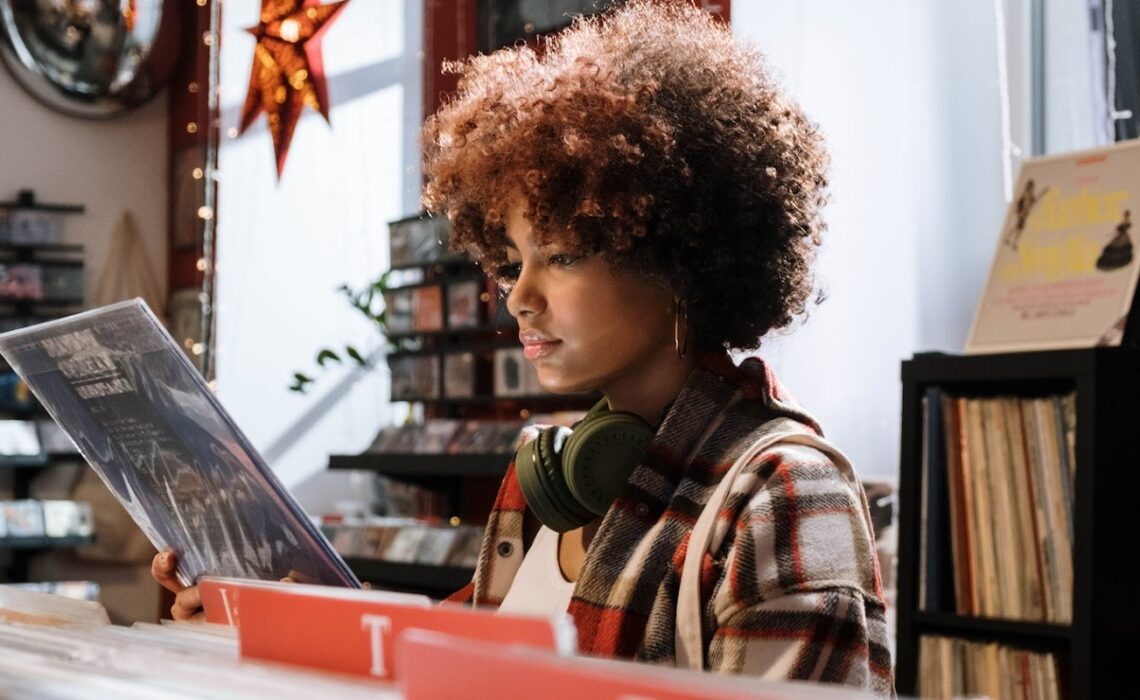
The industry for art and collectibles has undergone a revolution thanks to Non-Fungible Tokens (NFTs), which present both artists and collectors with new opportunities. The significant impact NFTs are having on the Deaf job market within this industry, on the other hand, is a factor that has gotten less attention. This article examines how NFTs are changing how Deaf people work, produce, and prosper in the art and collectibles industry.
NFTs: A Brief Overview
Understanding NFTs is crucial before discussing how they affect the Deaf labor market. NFTs are distinctive digital assets that use blockchain technology to represent ownership or proof of authenticity of a particular good or piece of content. NFTs are not interchangeable, unlike cryptocurrencies like Bitcoin or Ethereum, making each token unique and irreplaceable.
NFTs and Digital Artistry
For Deaf artists, the proliferation of NFTs has created a whole new world of possibilities. Digital art has developed into a lucrative medium for artistic expression and revenue generation because it is simple to share and trade as NFTs. The Deaf job market in the arts is changing in the following ways thanks to NFTs:
Accessible Art Production: Traditional art forms like painting and sculpture frequently present challenges for deaf artists. NFTs and digital art offer Deaf artists a platform to express themselves without relying on auditory perception.
Global Reach: Without the use of physical galleries, NFTs enable Deaf artists to present their work to a global audience. Their market potential and exposure are increased as a result.
Direct Sales and Ownership: Thanks to NFTs, artists can sell their pieces directly to customers rather than going through middlemen like galleries or agents. This gives Deaf artists more power over their professional lives and financial dealings.
Resales and Royalties: NFT smart contracts have the ability to include royalties for artists on subsequent sales, supplying an ongoing source of income as their work’s value increases.
The Collectibles Industry and Deaf Artisans
Photo by fauxels
NFTs have had a significant impact on the collectibles industry in addition to the art world.
Significant changes are taking place in the job opportunities and interactions available to deaf artisans and collectors in the collectibles market:
Digital Collectibles: NFTs have made it possible to create a variety of digital collectibles, from trading cards to virtual property.
These collectibles can be designed and manufactured by Deaf artisans, providing new opportunities for creativity.
Blockchain technology guarantees the authenticity and provenance of collectibles, which is particularly important in industries like rare comic books and vintage video game memorabilia.
When determining the legitimacy of digital assets, deaf experts in these fields can be extremely helpful.
Building Communities: Online groups dedicated to NFT collectibles are thriving. Deaf collectors and enthusiasts can easily get in touch with people who share their interests, creating a sense of community.
Collaboration Projects: Deaf artisans and collectors are increasingly working together on NFT projects to take advantage of their special talents and viewpoints.
These partnerships frequently produce cutting-edge, culturally significant digital collectibles.
Challenges and Opportunities
Although there is no denying that NFTs have a positive effect on the Deaf job market in the art and collectibles sector, there are some issues that need to be resolved:
Accessibility: To ensure that Deaf people can fully participate, NFT platforms and marketplaces must keep enhancing their accessibility features.
Education: Deaf people need to be given the tools they need to successfully navigate the NFT space, from making digital art to comprehending the legal ramifications of NFT ownership.
Inclusivity: The NFT community needs to actively promote diversity and inclusivity, making sure that Deaf creators and patrons are welcomed and assisted.
Market volatility: NFT markets can be very volatile, which can be worrying for Deaf people who might not have a lot of money. The importance of risk management education cannot be overstated.
Conclusion
For Deaf people working in the art and collectibles sector, Non-Fungible Tokens have ushered in a new era of opportunities.
These distinctive digital assets present Deaf creators, producers, and collectors with accessible and fair opportunity to ensure that the transformative impact of NFTs on the Deaf job market remains positive and sustainable as the NFT ecosystem continues to develop.
The way Deaf people interact with art, collectibles, and creative entrepreneurship is experiencing a renaissance around the world, and NFTs are at the forefront of this revolutionary movement.
Deaf artists and collectors are living in an exciting time as they redefine their roles in this inclusive and dynamic digital environment.
The impact of NFTs on the job market for Deaf people will only increase with continued collaboration, education, and advocacy, paving the way for a more inclusive and accessible future for all.
For those who are looking for additional support, Unspoken Language Services offers interpreting services to help bridge the communication gap between the deaf and hearing communities
Thumbnail Photo Credit to: Photo by cottonbro studio

